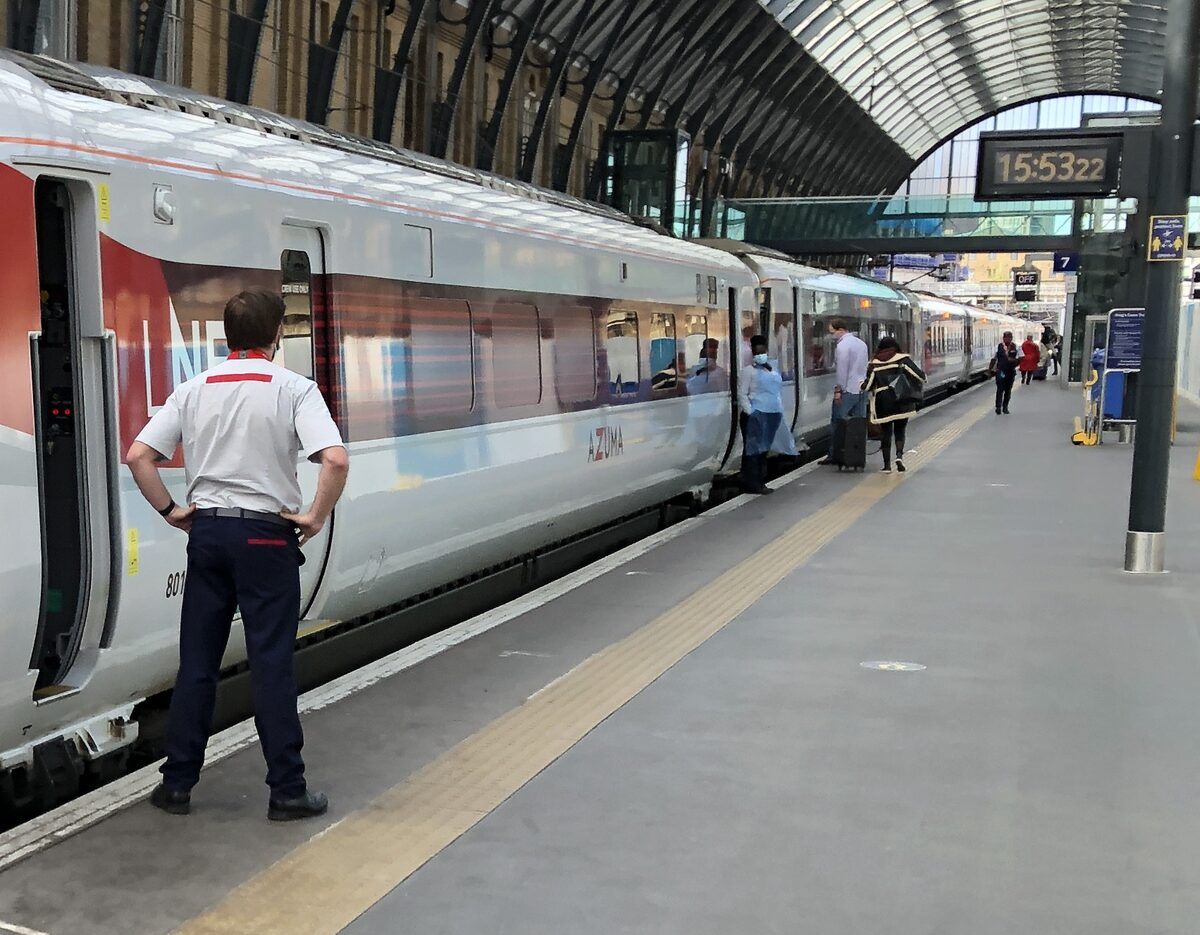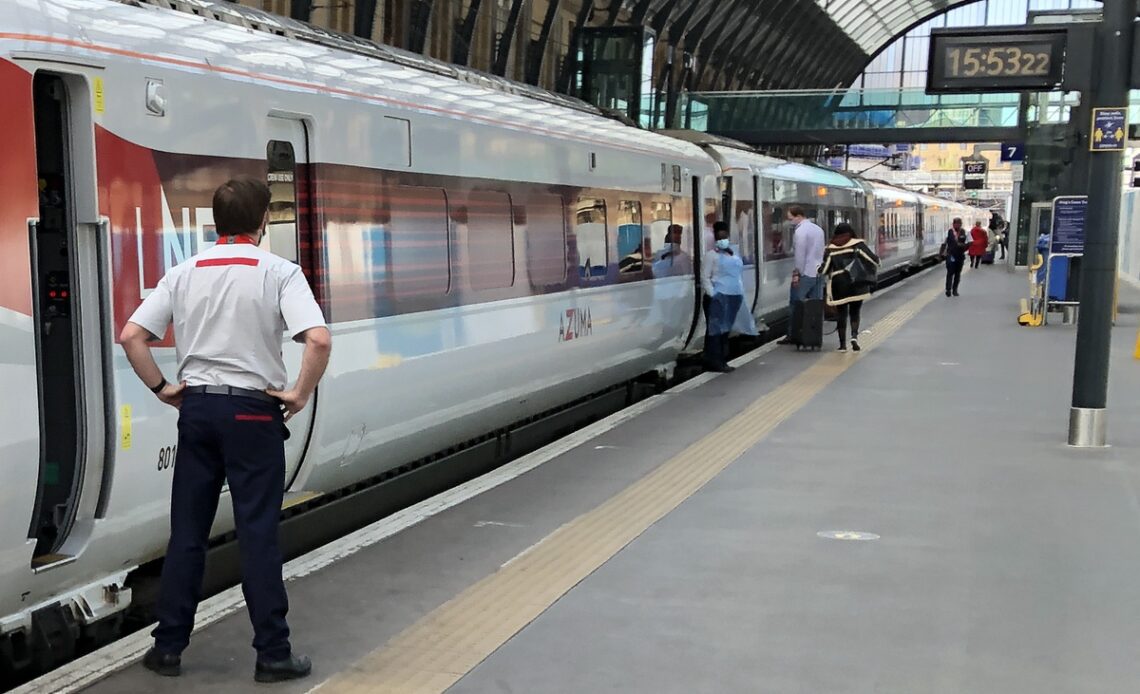
Another two rail strikes have been announced for September in disputes over pay, working conditions and jobs. But who’s involved and how will it affect passengers?
Who is striking?
Train drivers working for 12 rail firms and working for Aslef wll (representing train drivers) will walk out on Thursday 15 September, triggering the cancellation of thousands of trains across Great Britain.
It will involve more rail firms than the most recent train drivers’ strike on 13 August, with staff working for Chiltern, Northern and TransPennine Express stopping work after overwhelming votes in favour of industrial action.
Half of the affected train operators are mainly intercity companies:
- Avanti West Coast
- CrossCountry
- Great Western Railway
- Hull Trains
- LNER
- TransPennine Express
The remaining six are largely commuter and shorter-distance operators:
- Chiltern Railways
- Greater Anglia
- London Overground
- Northern
- Southeastern
- West Midlands Trains
Will any trains run on 15 September?
Yes, many. Train operators including c2c, Grand Central, Great Northern, Lumo, Merseyrail, ScotRail, Southern, South Western Railway, Thameslink and Transport for Wales are unaffected.
Services on routes where other operators’ train drivers are striking are likely to be extremely busy. These include Grand Central and Lumo on the East Coast main line linking London with Yorkshire northeast England and Scotland; Transport for Wales between Swansea, Cardiff and Newport; and c2c between London and Southend.
Eurostar international trains from London to Paris, Brussels and Amsterdam are unaffected.
In addition, train operators including LNER and Great Western are likely to run a limited service. But passengers can expect to be told to attempt to travel only if essential.
What is the train drivers’ strike about?
Pay. Mick Whelan, general secretary of Aslef, says: “The train companies have forced our hand. They want train drivers to take a real terms pay cut – to work just as hard this year as last, but for 10 per cent less. Because inflation is now in double figures and heading higher – much higher, according to some forecasts – and yet the train companies have offered us nothing.
“And this for train drivers who kept Britain moving – key workers and goods around the country – throughout the pandemic and who have not had an increase in salary since 2019.
“We want the companies – which are making big profits, and paying their chief executives enormous salaries and bonuses – to make a proper pay offer…
Click Here to Read the Full Original Article at The Independent Travel…
